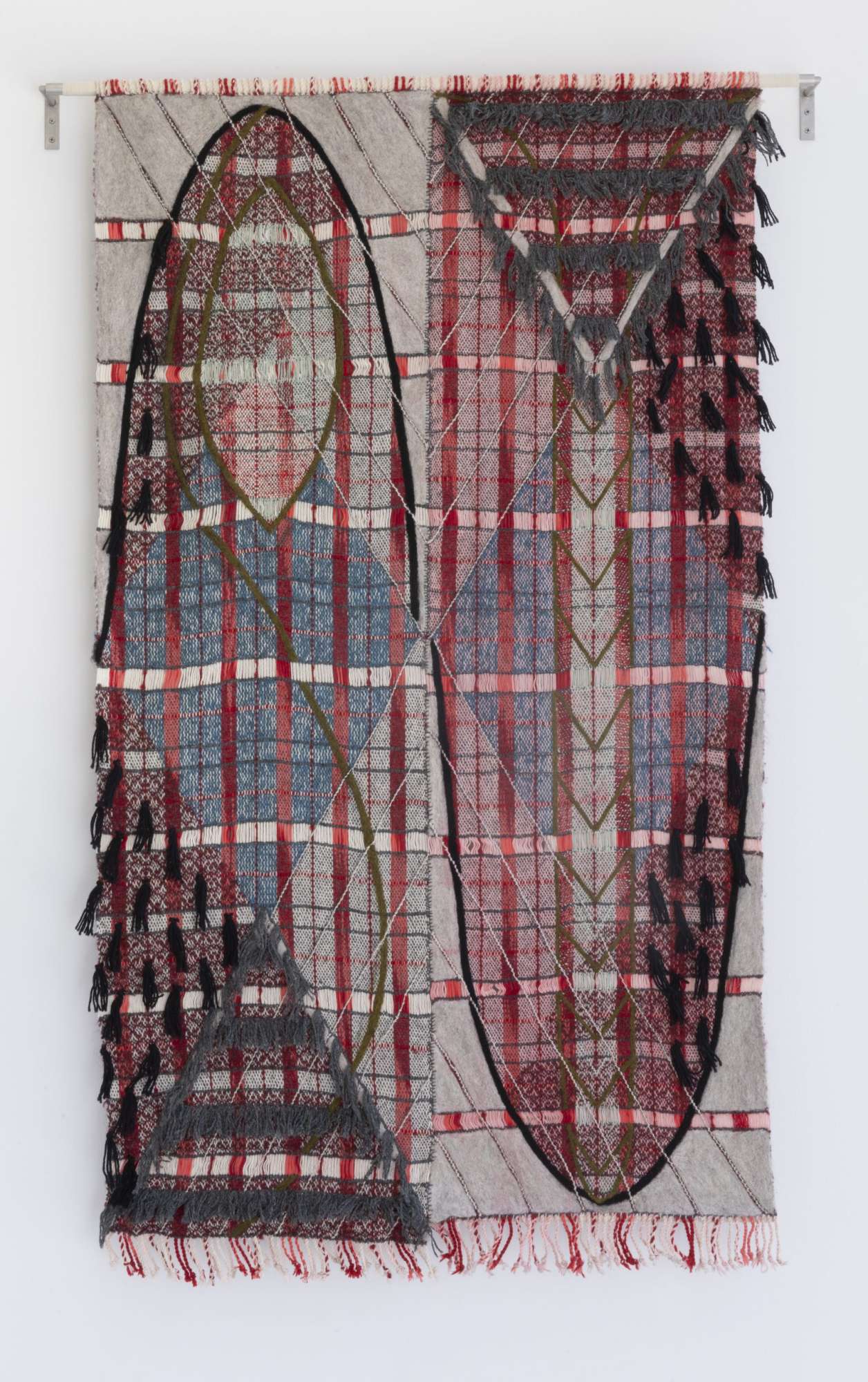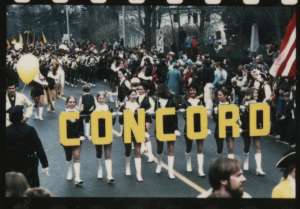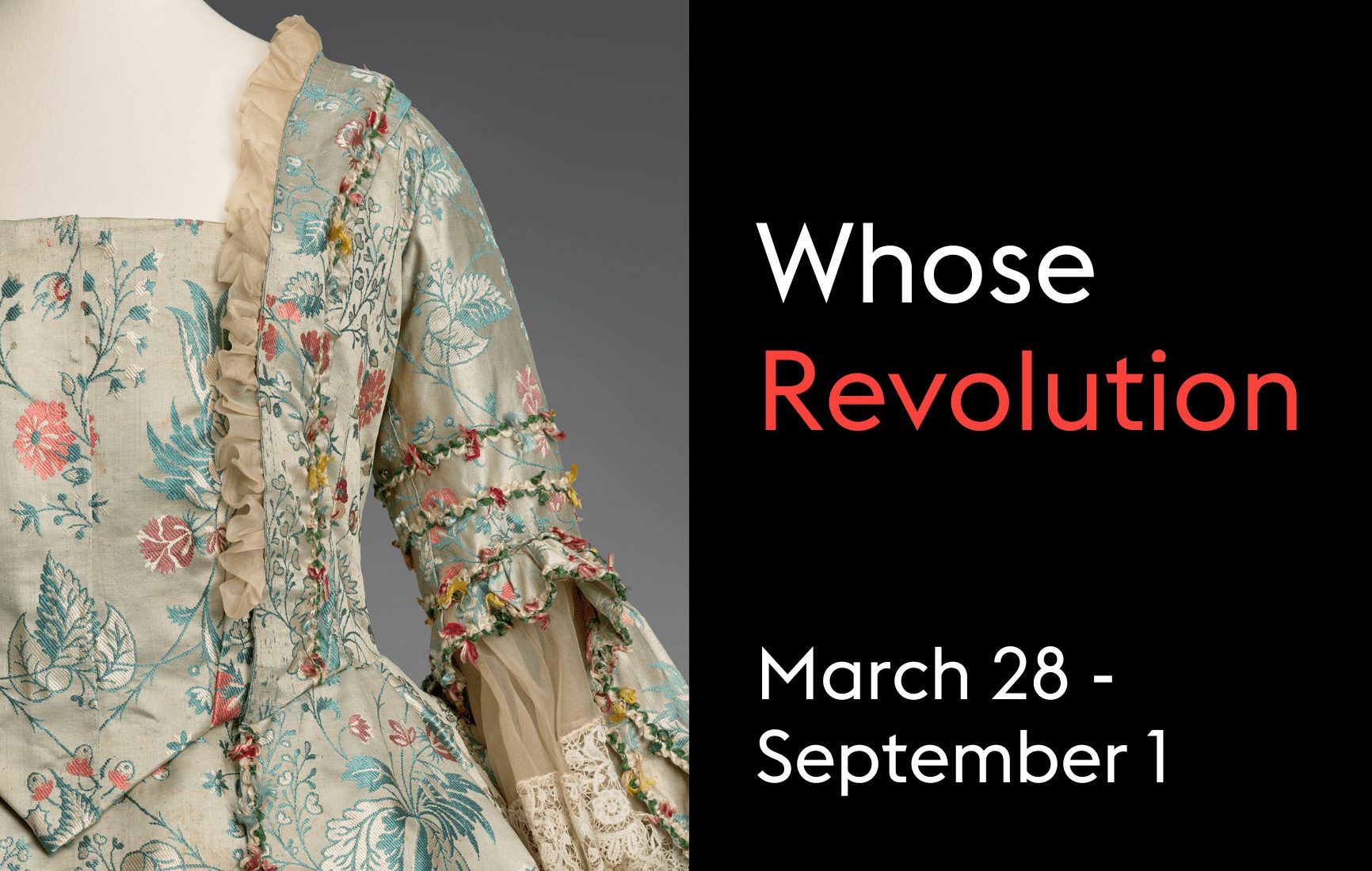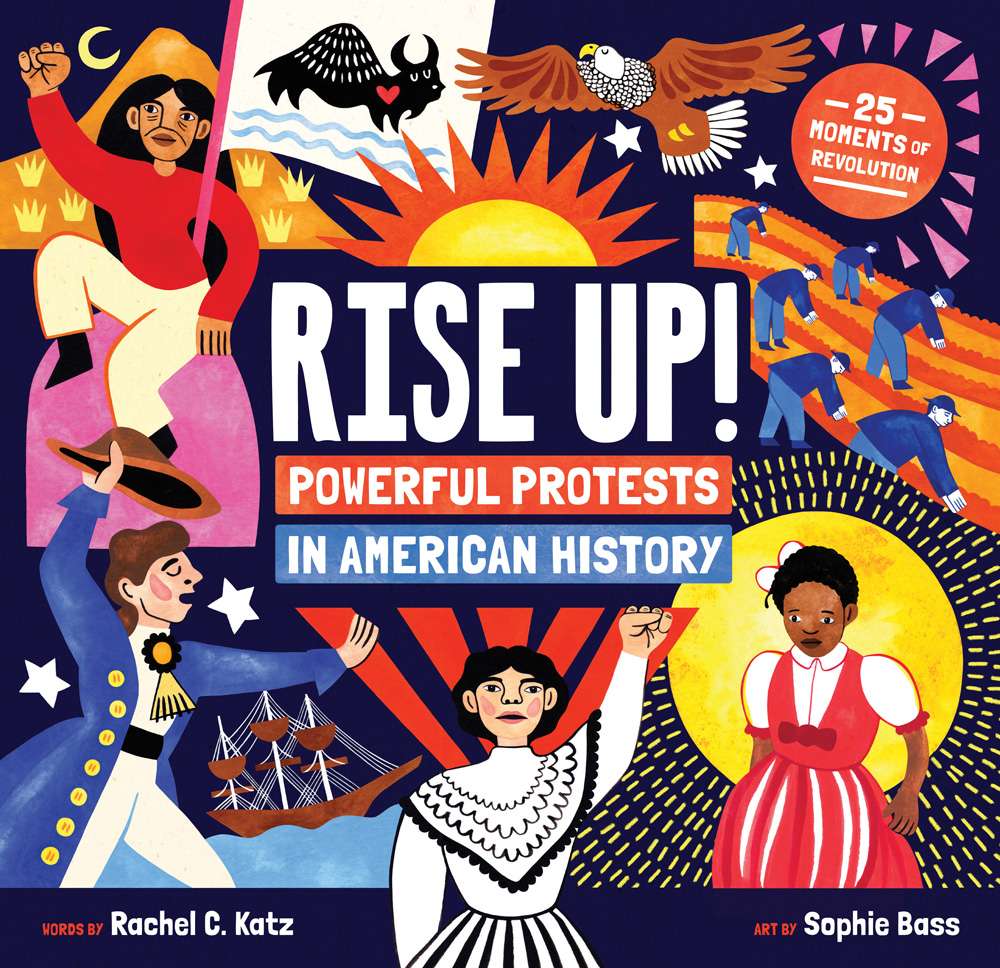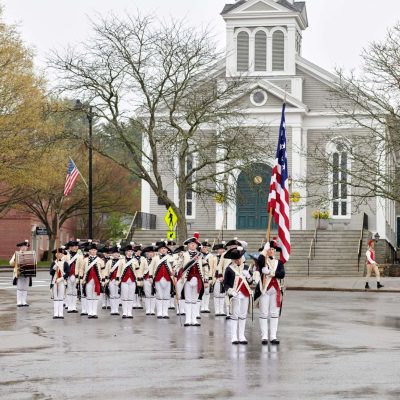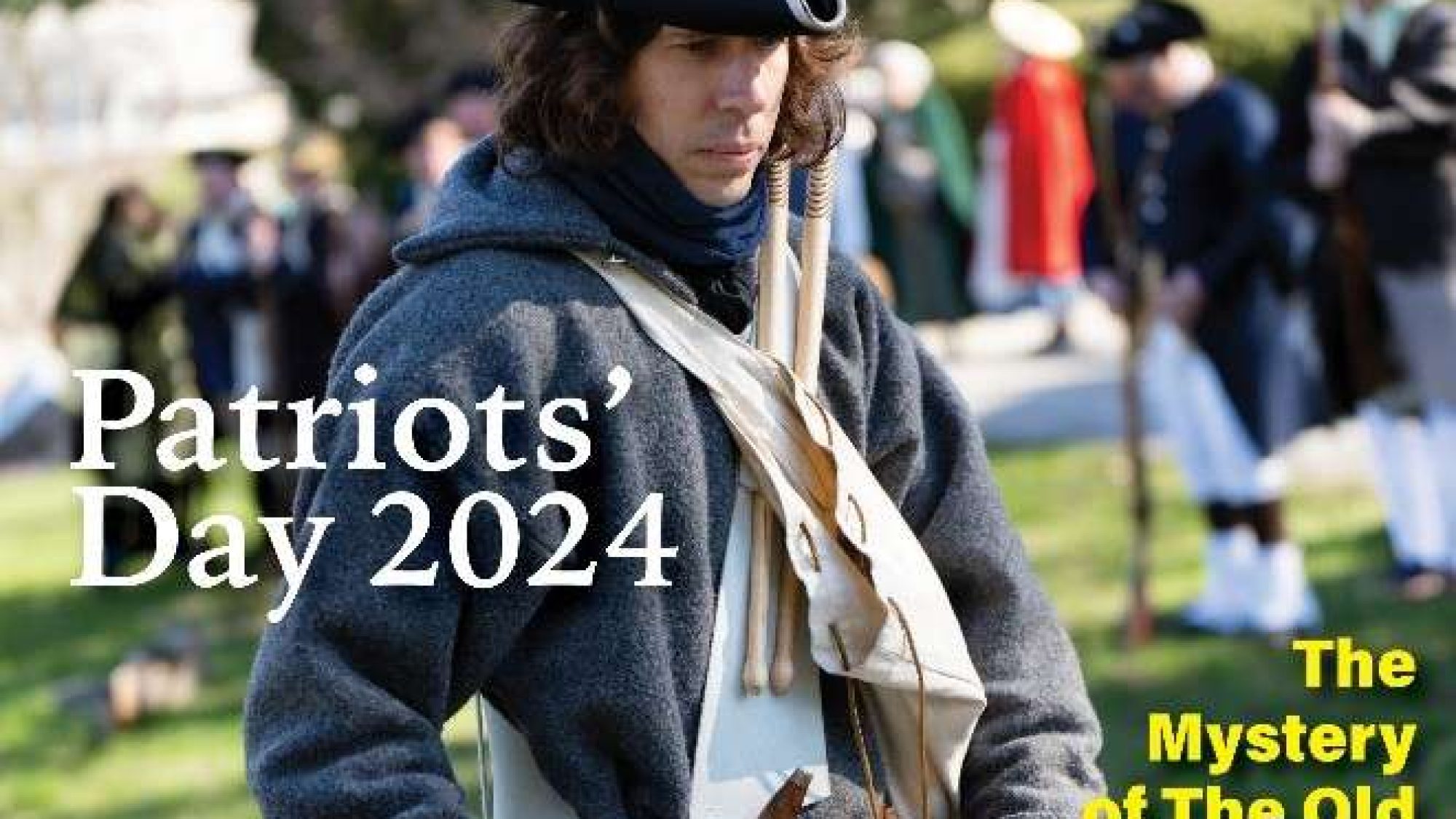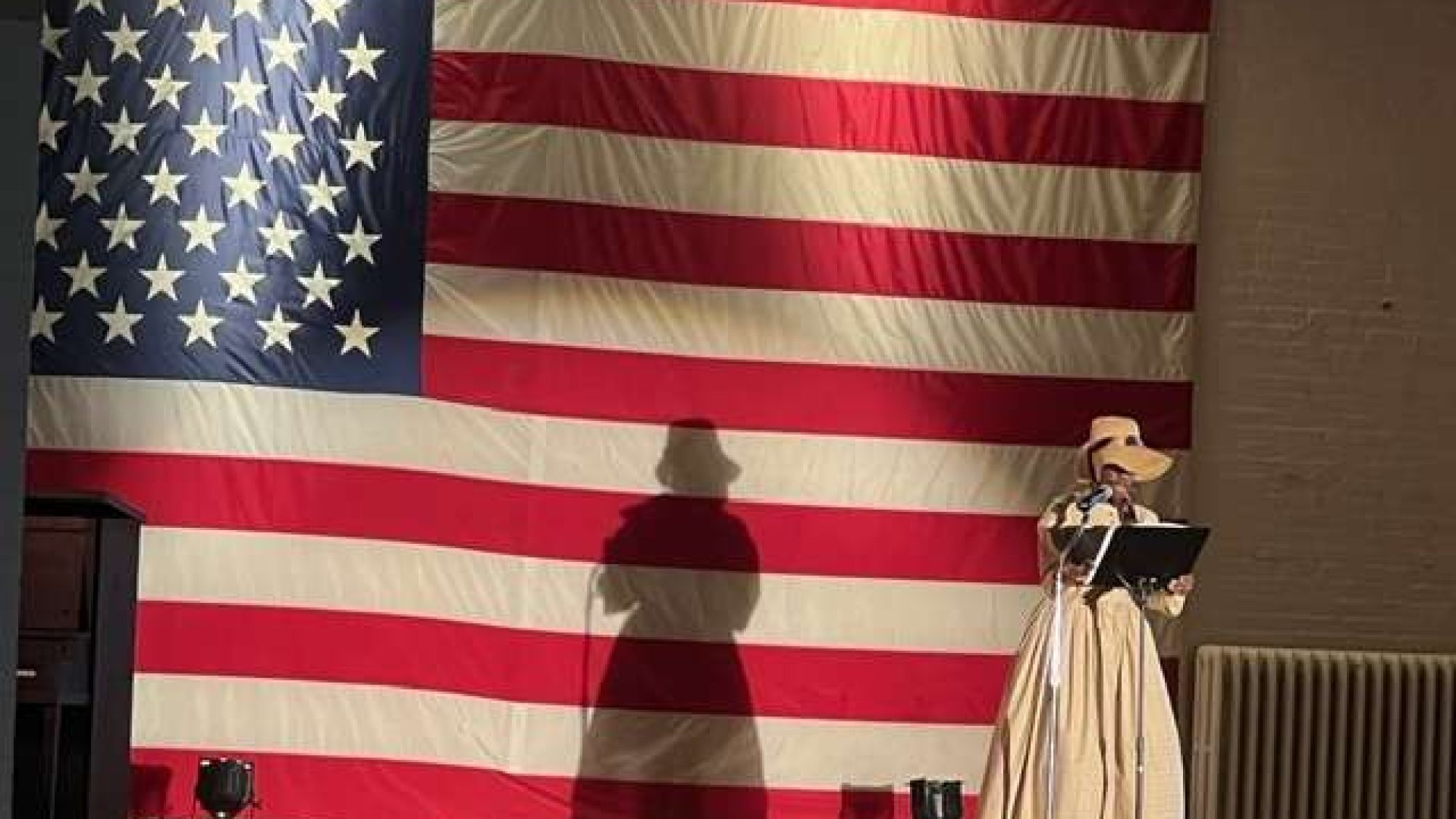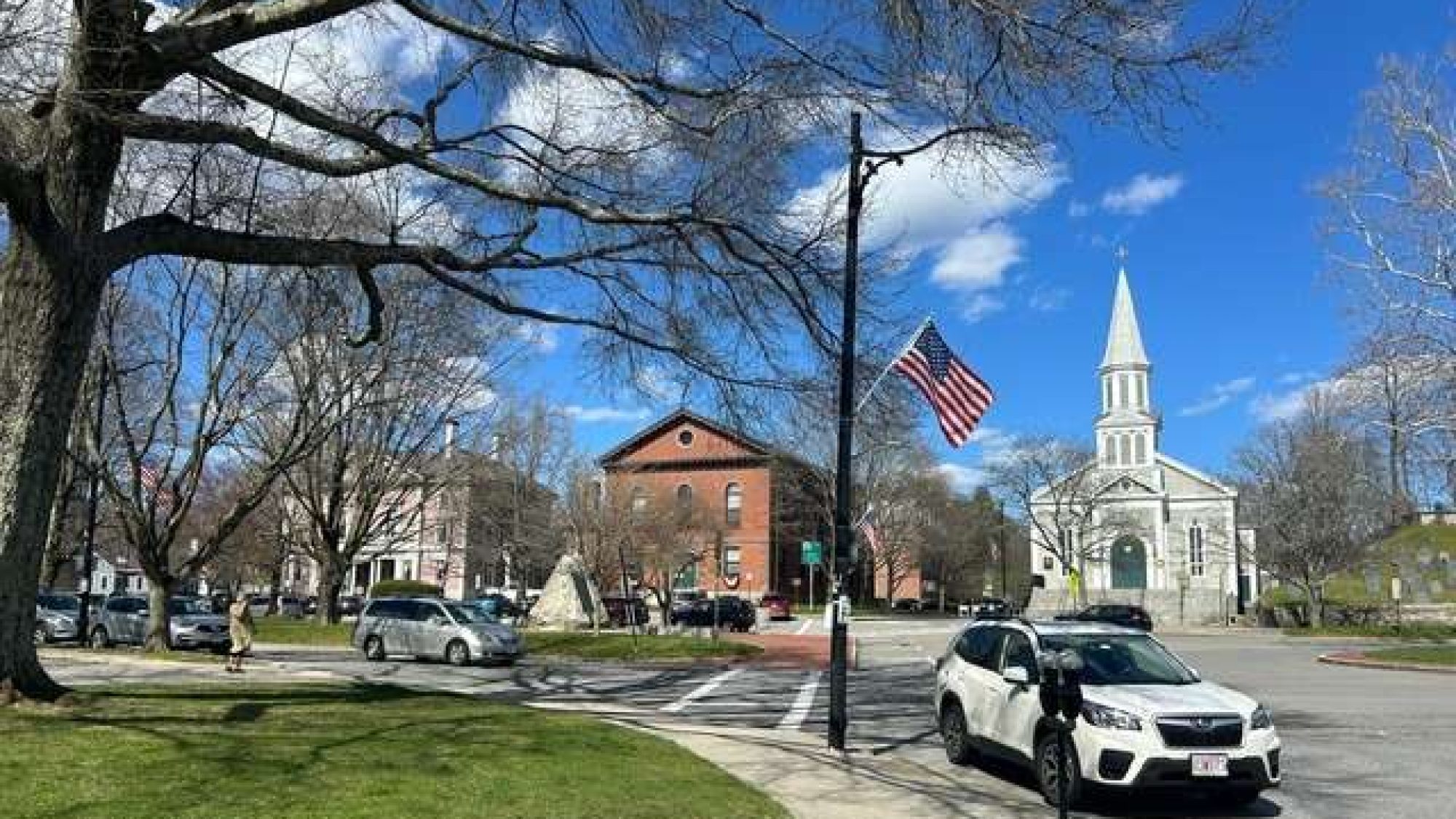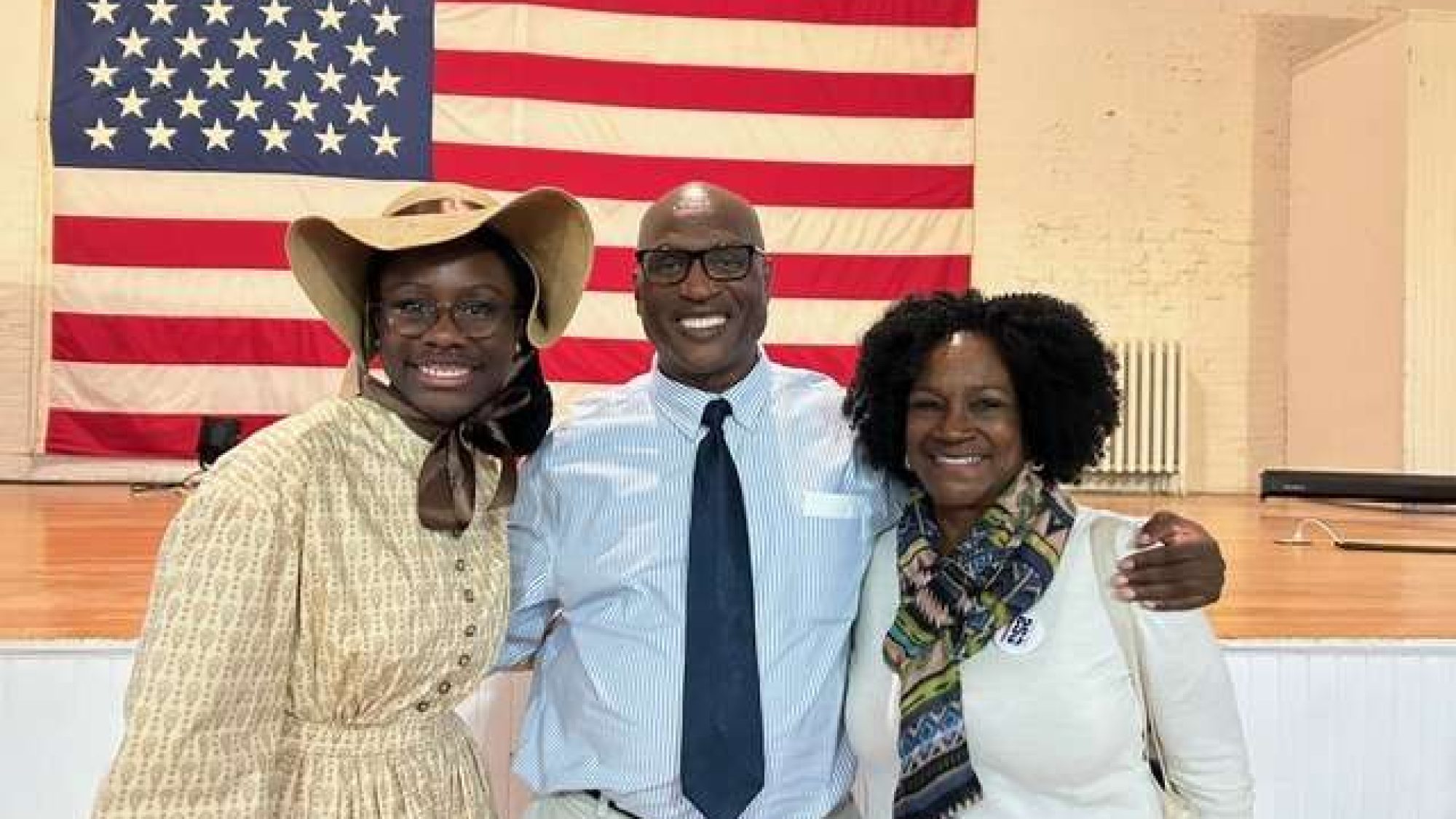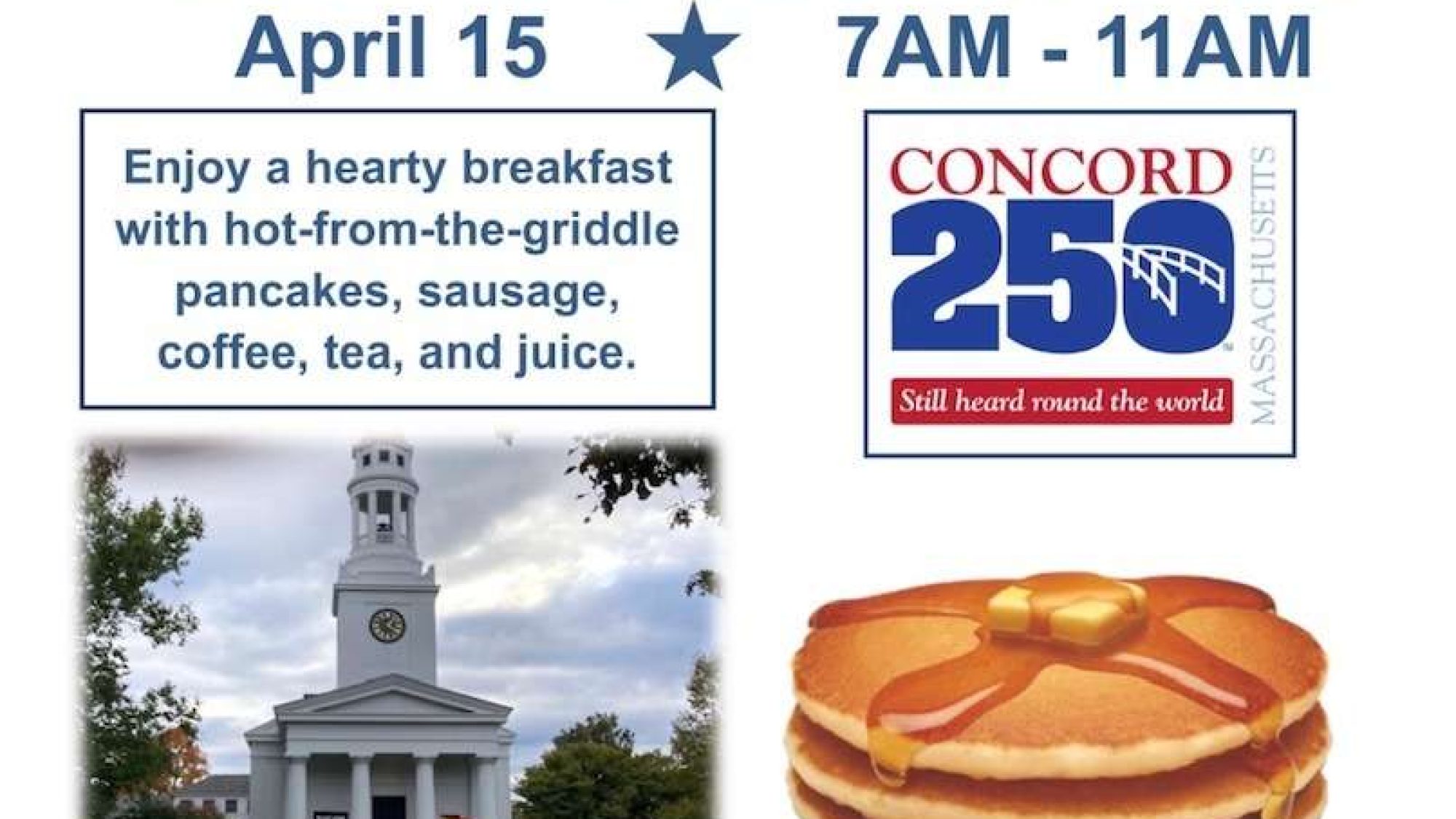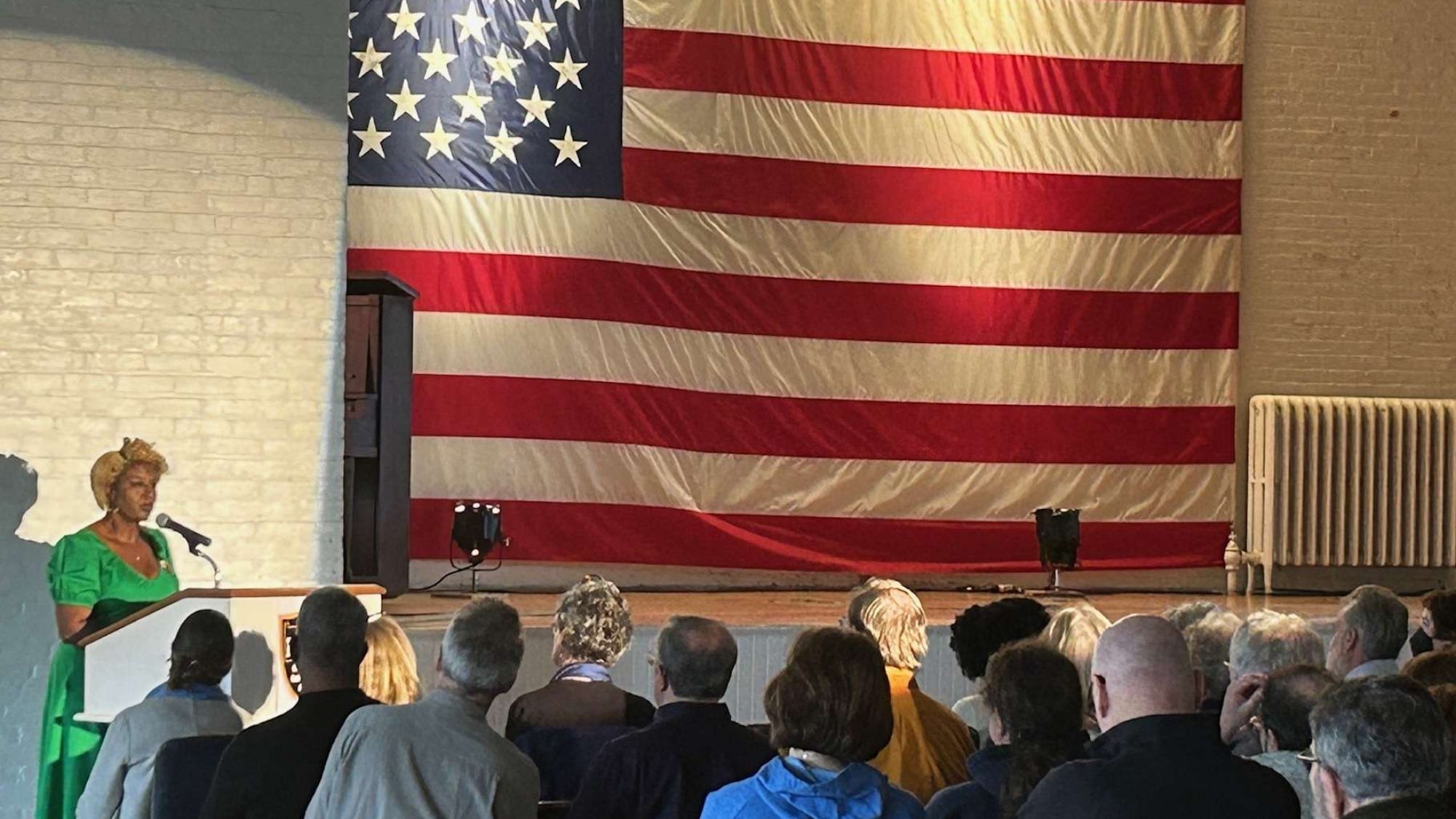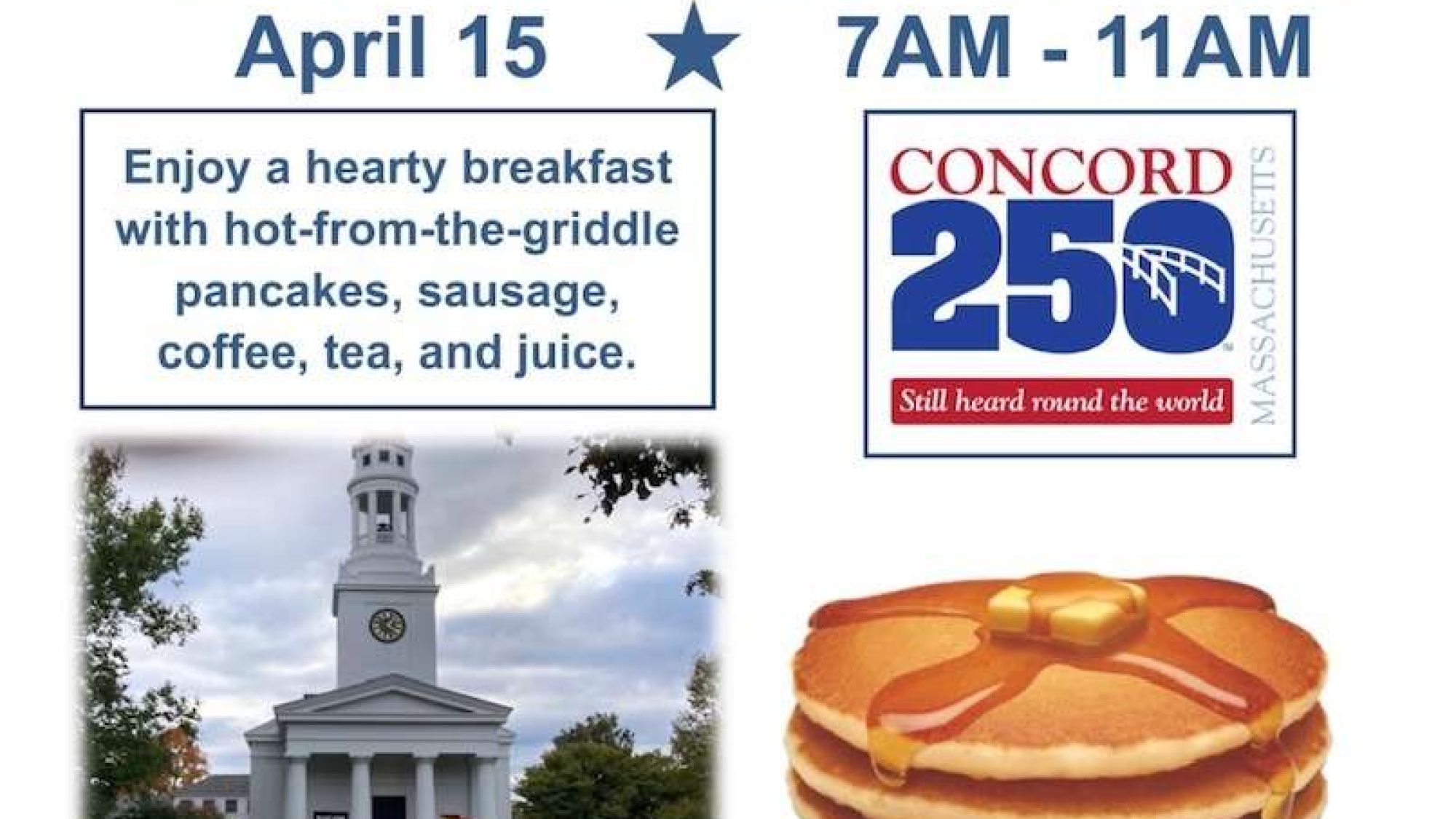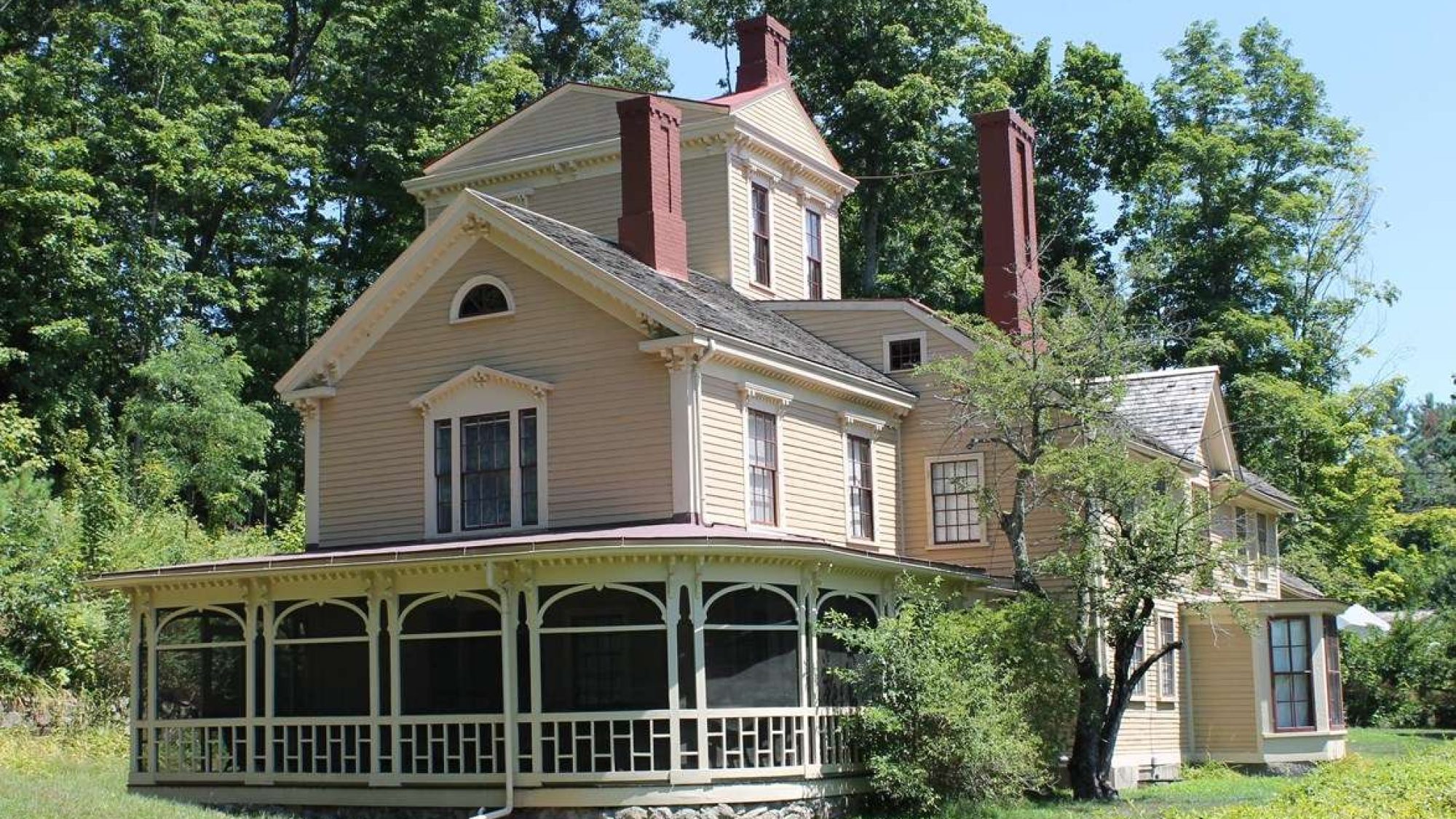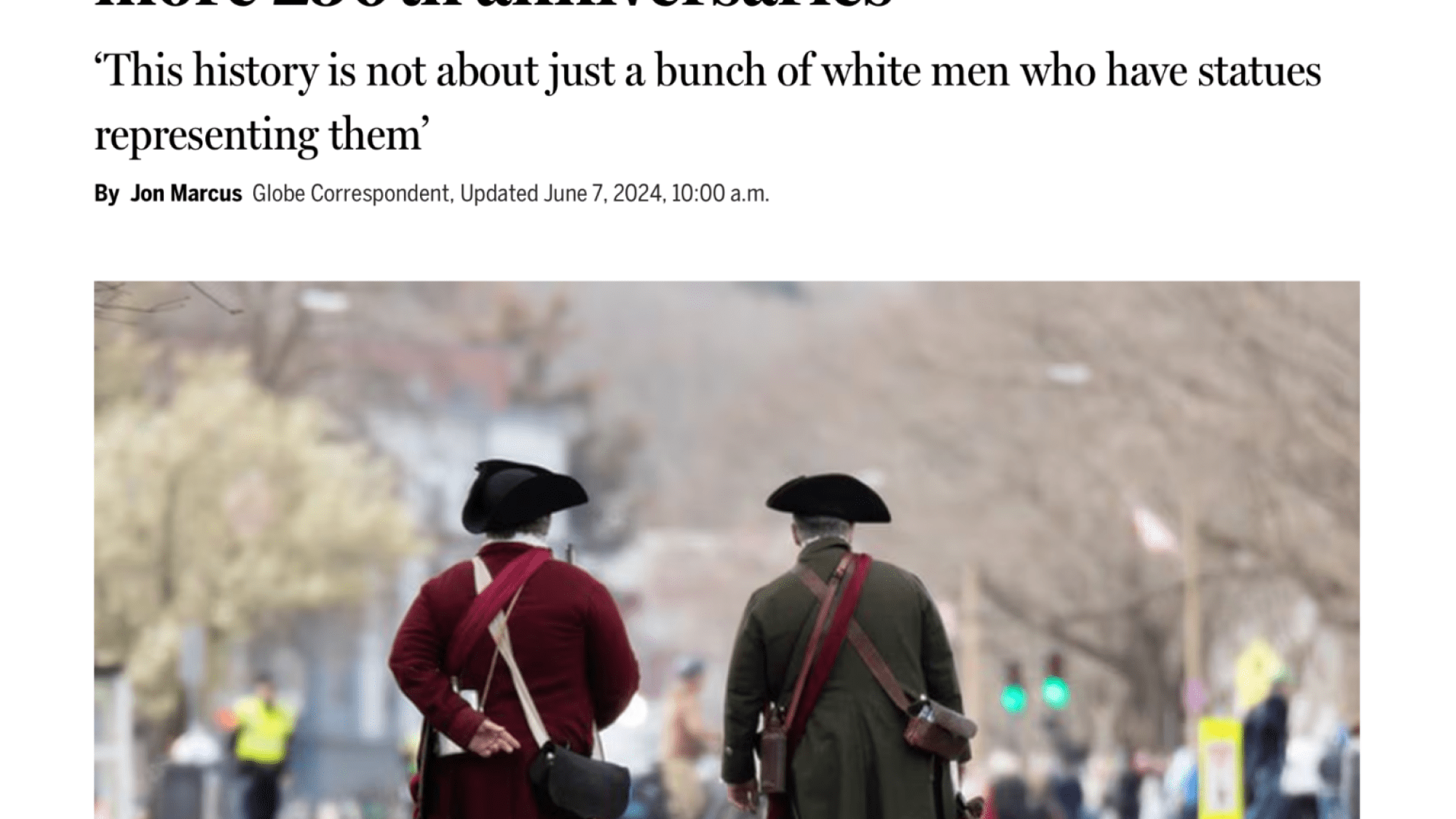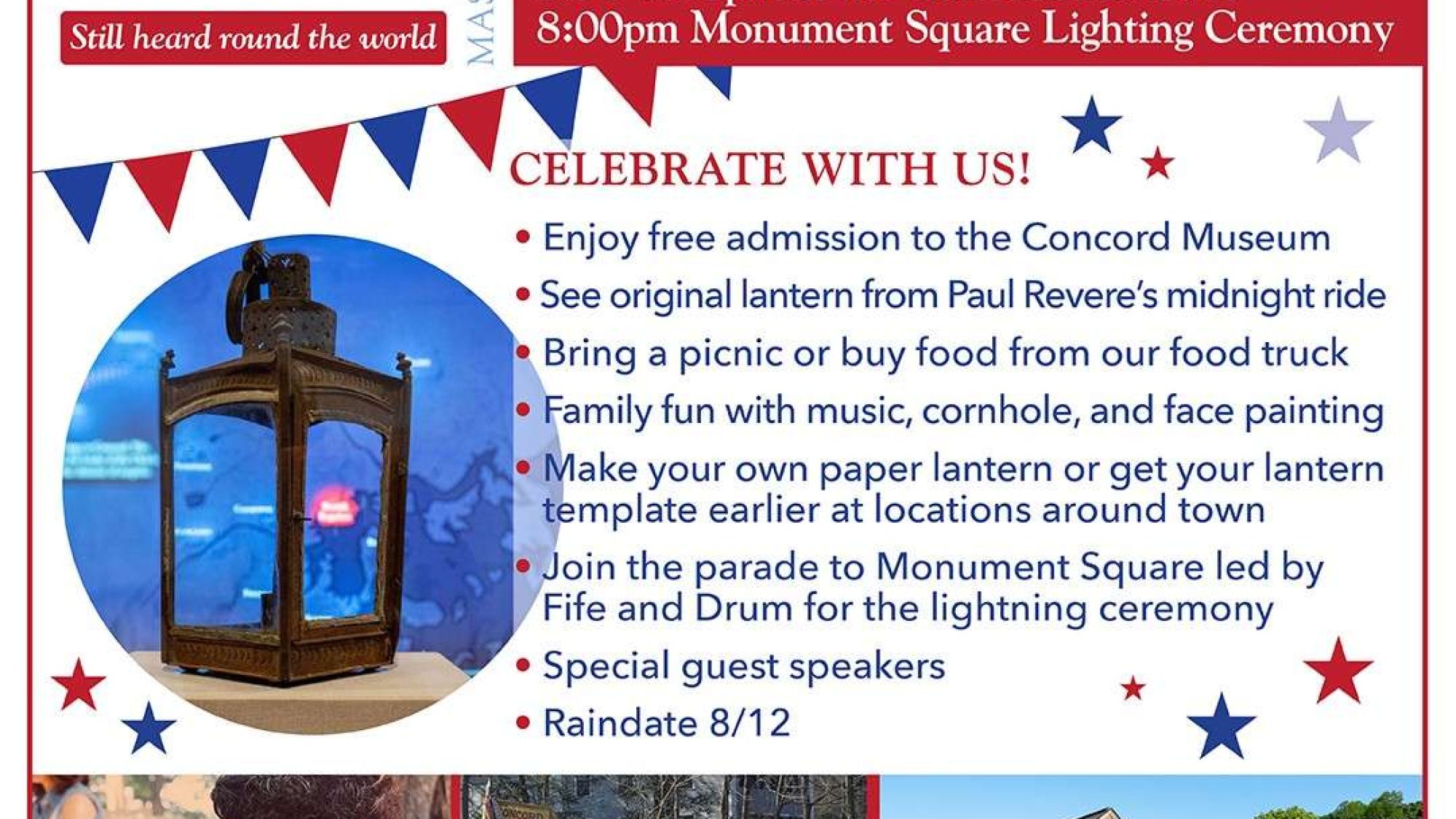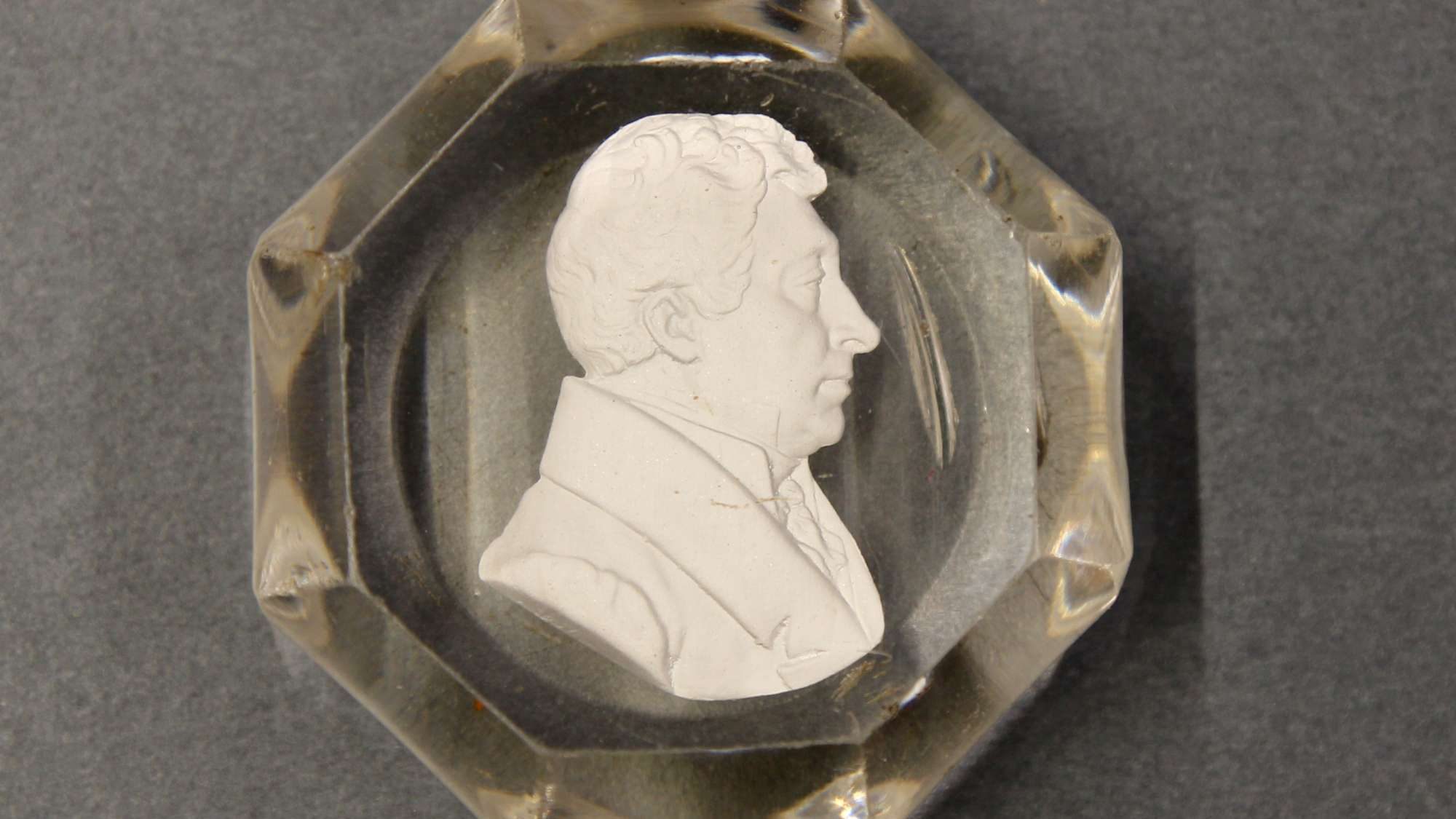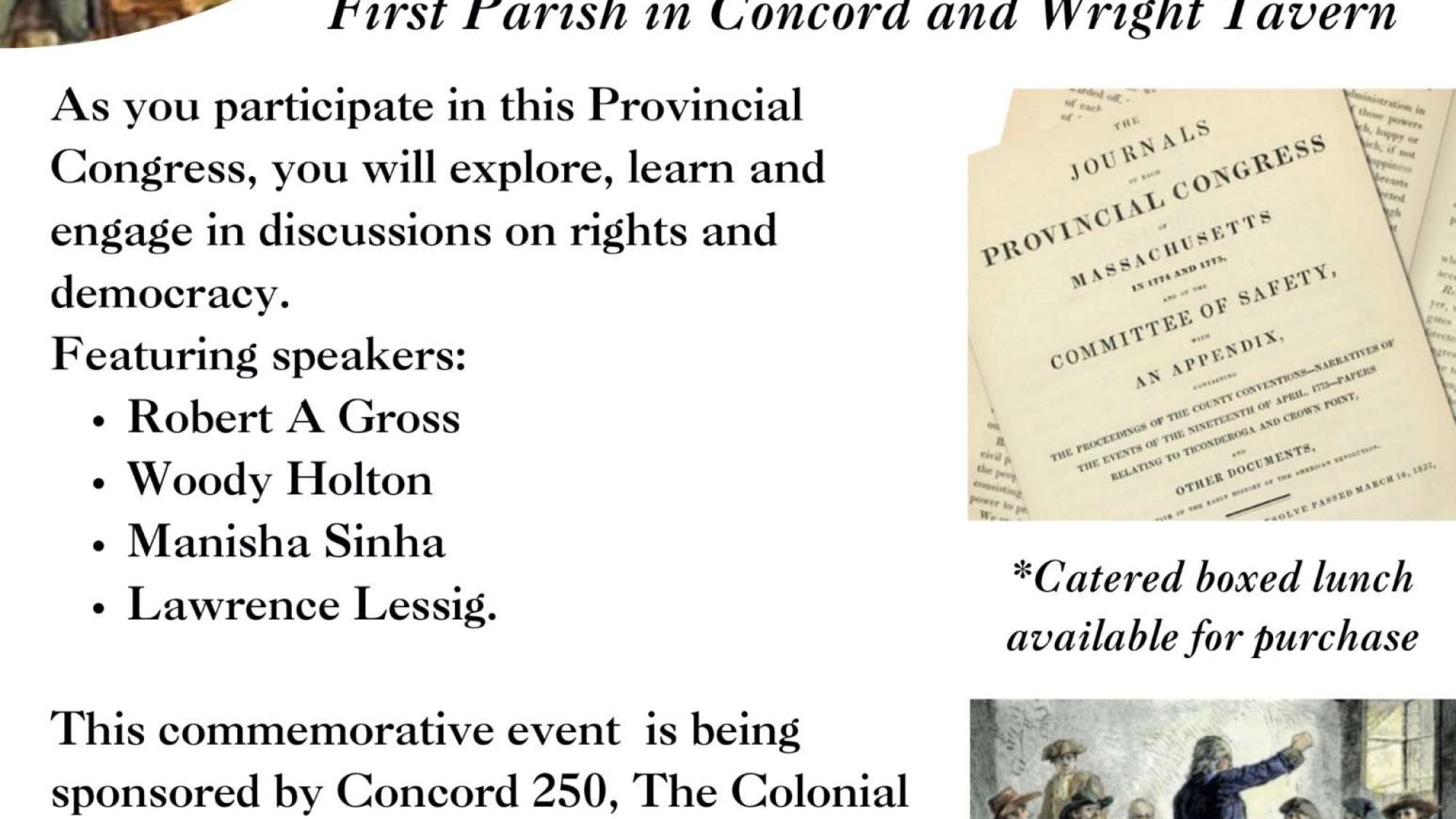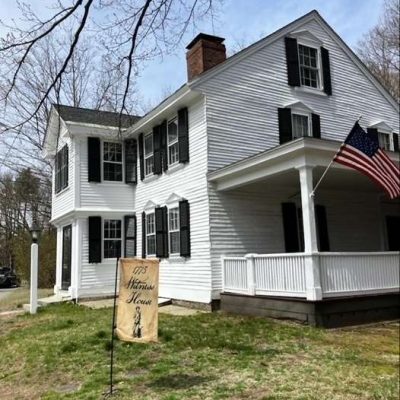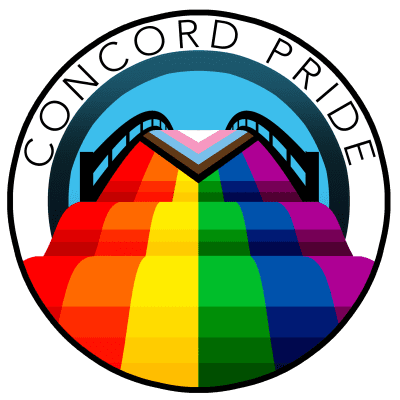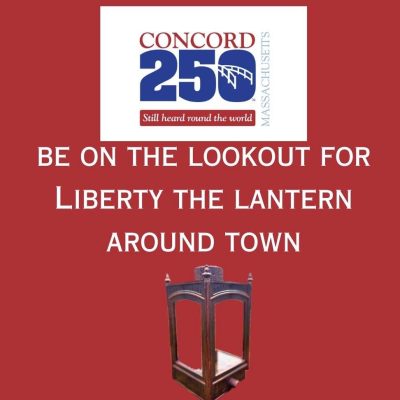Celebrating 250 years of American spirit by honoring Concord’s leading role in the birth of our country.
The 250th anniversary of the historic battles of Concord and Lexington is approaching on April 19, 2025. Concord250 commemorates the semiquincentennial, or 250th anniversary of the American Revolution, which began here in New England. Two hundred fifty years ago, the men and women of what is now Massachusetts secured their independence from Britain and created a new nation dedicated to the ideals of liberty, equality, natural and civil rights and responsible citizenship. Concord250 honors our first 250 years and inspires Americans to imagine our next 250. To mark this significant anniversary, residents, friends, and neighbors of Concord are invited to commemorate and celebrate this anniversary throughout the entire year.
April 19 Schedule of Events
Full Schedule of CONCORD250 Events
Everything You Need to Know to Navigate April 19 in Concord
Sign Up for the Weekly Newsletter
Donate to the Town 250 Gift Fund
Concord250: Week at a Glance
Livestream on Minuteman Media’s YouTube channel
Media Inquiries & Credentials

days left until
April 19, 2025
Lantern, 1775. Concord Museum Collection, Gift of Cummings E. Davis, M400a1
To see the lantern that was hung in the North Church as a signal on the night of Paul Revere's famous midnight ride, visit the Concord Museum!
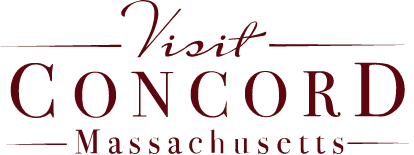
 1775-2025
1775-2025




